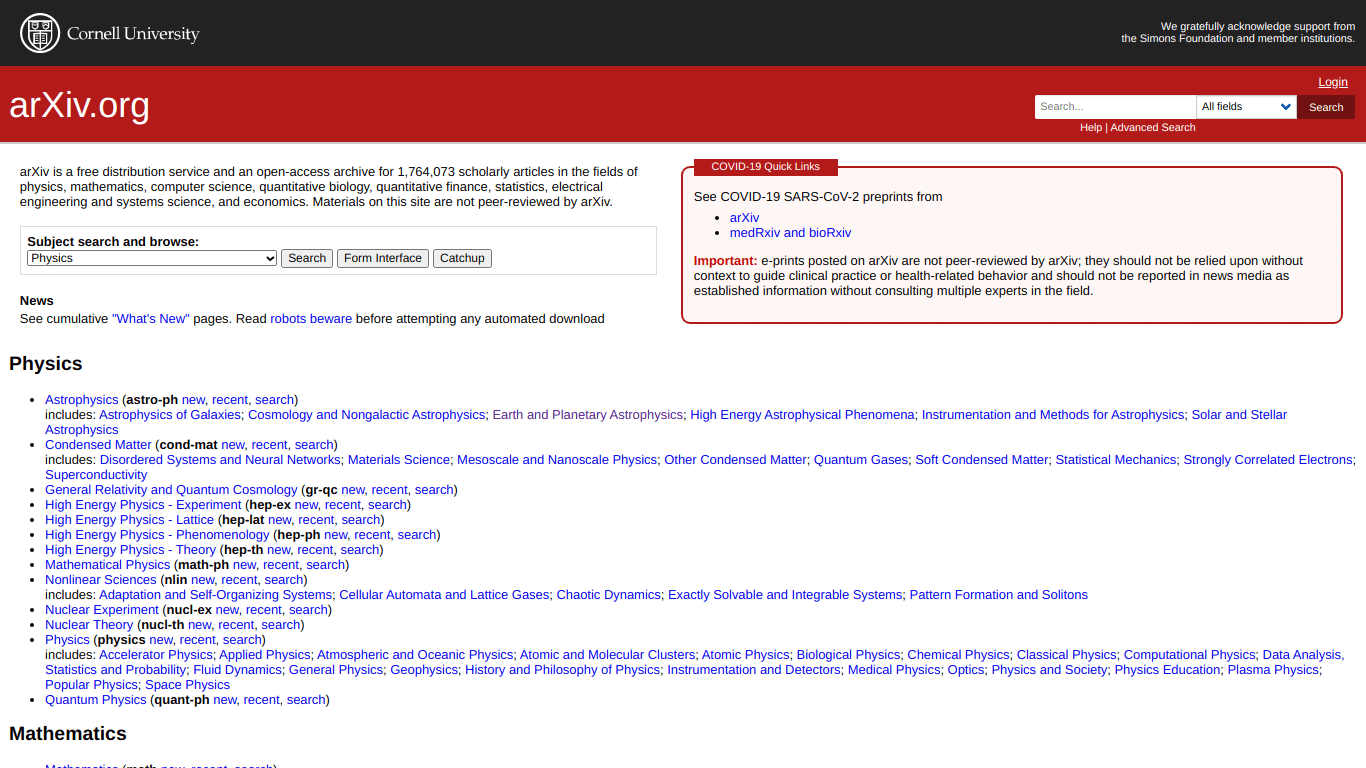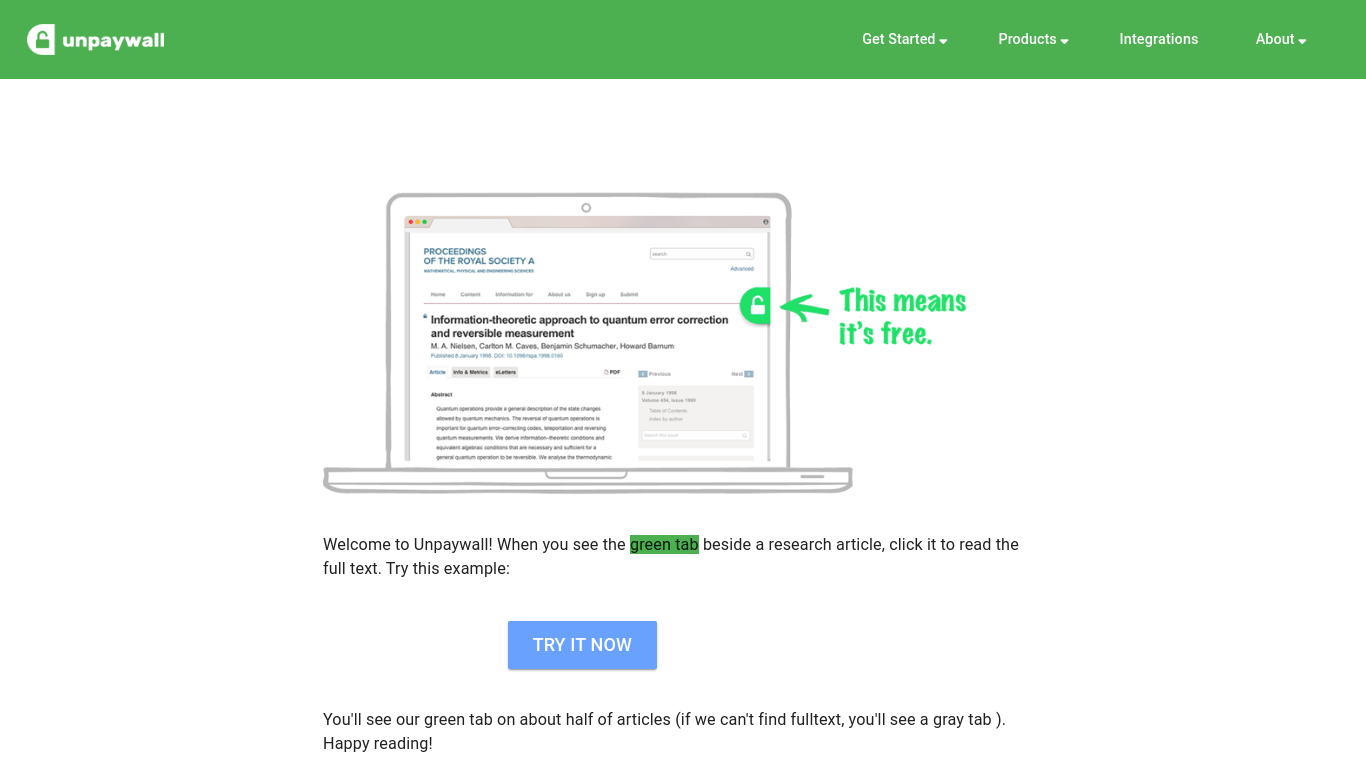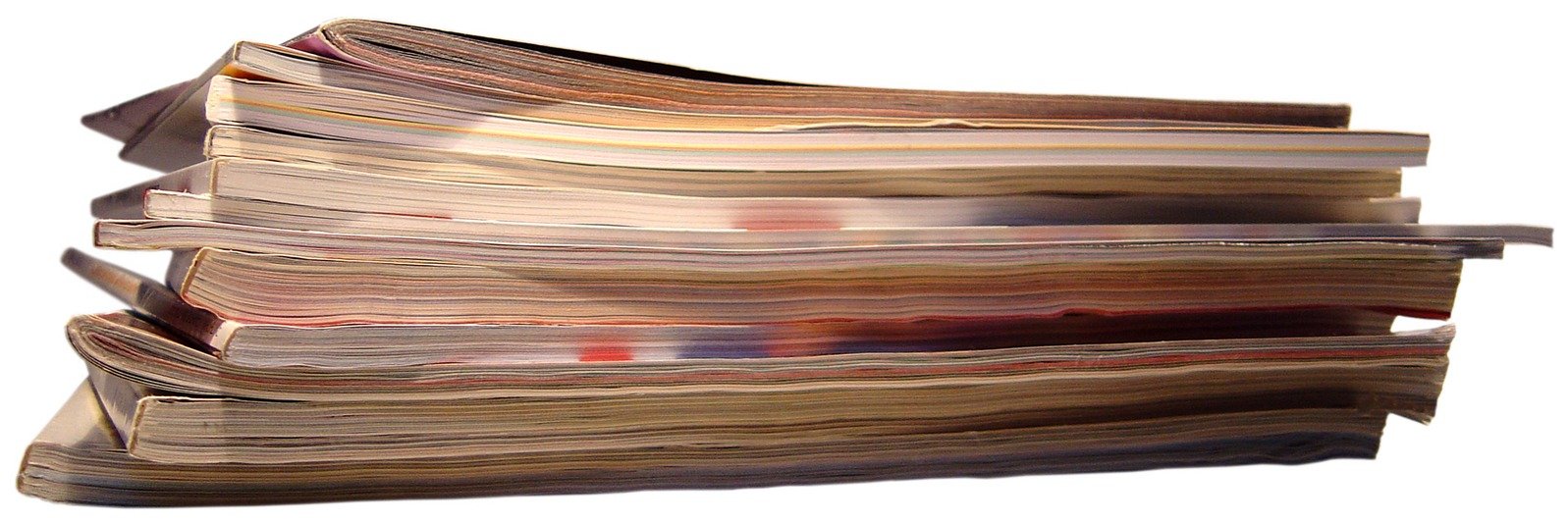Last Monday, on September 14th, astronomers announced the discovery of a possibly-biosignature-gas phosphine on Venus. The news caught the public’s attention and in the week to follow we’ve been asked many times where the original “discovery paper” can be found. We are pleased to report that the Journal Nature Astronomy, where the study was published, made the article open access. Unfortunately this is the exception rather than the rule and the majority of scientific publications are still only accessible through paid subscription.
We would like to comment on the ‘access to academic papers’ situation and explain how you can read scholarly articles hidden behind a paywall.
I
First of all, here are the links to the three original publications on the discovery on Venus.

- The first paper announces the discovery of phosphine on Venus. You can read the full text here.
- The second paper discusses the possible origin of phosphine on Venus. You can read the full text here.
- The third paper proposes a microbial life cycle that can be sustained in the Venusian cloud environment. You can read the full text here.
II
Second, as we already mentioned, most peer-reviewed academic publications are not open access. That means you need to pay – either subscription fee or individual paper access fee – to read them.
If you are a student/ staff at the University or research organization, chances are your University will have a paid subscription to the journal of your interest.
But suppose you are a teacher, a club leader or a science presenter looking to dig into the details of some research. Or just a person interested in reading about a particular phenomenon or discovery. You don’t have a through-work access to the scholarly journals. And you are not ready to pay £9-£35* per article fee, which may not sound like a lot but can be costly if you read academic papers regularly. So…what do you do?
* We would like to point out that publishers DO NOT pay authors and reviewers!
1. Go to ArXiv.org
Most researchers (in Maths, Physics, Astronomy and Computer Science) publish their preprints, that is papers before they are peer reviewed and published, on ArXiv.org. This way their work is available for everybody to read and comment on before it appears in a journal. If a scientist later makes any alterations to their manuscript, they update the Arxiv publication too. So if a published work you are interested in can be found on Arxiv, it is the same paper, only free. Enjoy!

1. Install Unpaywall
There are other websites, apart from ArXiv, where an author can upload an open access version of their published (or pre-published) article. For example, it can be their personal website or their University/ Institute/ Organization webpage. Instead of scanning through all the possible databases in search of a paper manually, try the Unpaywall. This is an extension for Firefox and Chrome browsers designed to harvest legal open access copies of the journal-published articles. It is really good!

2. Write to the author(s) of the paper you want to read!
If you cannot find a free-to-read version of a particular article or image, write to its author. Sharing a pdf of a paper is classified as “fair use” and most authors are happy to do so. (Just remember that the file shared with you is for your personal use and not for posting somewhere.) You can easily find a researcher’s email on the paper’s abstract or on their University/Organization page.
We’ve done so on a number of occasions, and the authors – quickly and willingly – supplied us with graphs, tables and personal astro-images we asked for! (Thank you again for sharing your data with us!)
If you’ve emailed an author but received no response, don’t despair. Most articles are written by several collaborators, so just go to the next name on the list.
3. What about Sci Hub?
You might have heard of Sci Hub, a pirating website designed to unlock paywalled articles. The site is very popular both outside and within academia, especially among the early career researchers. Sci Hub is, strictly speaking, illegal so we would not encourage you to use it.
From paywall to open access
Services like Sci Hub, condemned by publishers and praised by researchers, signal that there is something seriously wrong with the way the academic knowledge is shared. The paywall prevents educators from sharing “the latests” with their learners, and authors from their work becoming more widely known. It slows down scientific progress! We hope that one day the situation will- legally- change, the paywall will come down and the peer reviewed research will become freely accessible to all .
Meanwhile, please go to Arxiv, install Unpaywall, write to your author and … Happy learning!
Do you have a question? Would you like to share your experience as an author or reader? Leave us a comment! Our Portable Planetarium team would love to hear from you!


